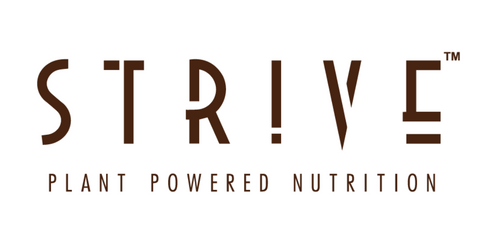Is Stevia (Methi Tulsi) natural & safe for pre-diabetics or Diabetics (Diabetes)?
Stay tuned to learn if it should be in your pantry.
The Stevia leaf --Stevia rebaudiana, is nothing but: Methi Tulsi (belongs to the chrysanthemum family Asteraceae) which has been used in India for centuries as a natural sweetener and sugar substitute. It is a natural sweetener that has gained popularity as a sugar substitute due to its zero-calorie content and its ability to not significantly impact blood sugar levels. In fact, stevia is estimated to be 100 to 300 times sweeter than table sugar (sucrose).
It is 100% natural and this leaf is ordinary leaf; it possesses some extraordinary properties not to just sweeten but also used for it’s antioxidant properties. The leaf has a unique flavor that is both sweet and refreshing, and hence is used as a natural substitute for sugar.
One of the major advantages of using stevia as a sweetener is that it does not contribute to caloric intake, making it a suitable option for individuals looking to reduce their sugar consumption or manage their weight. It also does not raise blood glucose levels, making it a favorable choice for people with diabetes or those who need to monitor their blood sugar levels.
Stevia is available in various forms, including whole leaves, powdered extract, and liquid drops. The powdered or liquid form is commonly used as a sugar substitute in beverages, baked goods, and other recipes.
You're correct that stevia sweeteners have been found to have minimal impact on blood glucose levels and insulin response. This makes them a suitable option for people with diabetes who need to manage their blood sugar levels and follow a healthful meal plan.
Stevia sweeteners do not contribute calories or carbohydrates to the diet, which means they do not raise blood glucose levels like regular sugar does. This can be beneficial for individuals with diabetes who need to monitor their carbohydrate intake to control their blood sugar levels. However, it's important to note that individual responses to sweeteners may vary, and it's always a good idea for individuals with diabetes to monitor their blood glucose levels and work with their healthcare team to determine the best approach for their specific needs.
We love Stevia in STRIVE Beverages
STRIVE has incorporated Stevia in our Daily shakes, providing a 100% natural sweetener option and giving our nutrition beverages a delicious taste. Stevia's zero effects on the glycemic index make it a suitable choice for individuals, including those with Type II diabetes, who need to manage their blood sugar levels. Since it does not impact the glycaemic index, we have a number of our clients having Type II diabetes, or are pre-diabetic that are comfortable consuming ourthe products regularly. We always advise our clients to take the support and sign off from their nutritionists to make this health decision. Consulting with a healthcare professional or registered dietitian is always a wise choice, as they can provide personalized recommendations based on an individual's specific needs, health conditions, and goals.
Our team is here to guide you with our expert nutrition team to help make this decision. Drop us an email to play@plantbyte.in or drop is a Ping on WhatsApp and we will connect you to our Qualified Dietician to help make this choice.
I’m not diabetic. So should I keep Stevia in my pantry?
Do we recommend Stevia in your pantry as a substitute? The answer is yes, albeit: aim to condition yourself to expect a balanced and realistic sweetness from foods. Using Stevia to replace sugar and to not use it as an excuse to eat a Carb & Gluten loaded Brownie a day is not great! By using stevia as a sugar substitute, people with diabetes can enjoy a wider variety of foods without compromising their dietary restrictions. It can be used to sweeten beverages, desserts, and other recipes without significantly impacting blood sugar levels.
REFERENCES
1. Latarissa IR, Barliana MI, Lestari K. A comprehensive review of stevia rebaudiana bertoni effects on human health and its mechanism. J Adv Pharm Educ Res. 2020;10(2):91–5.

